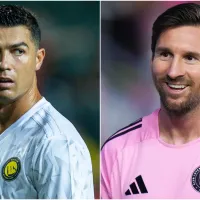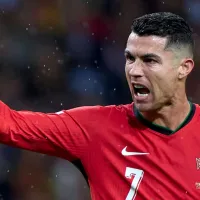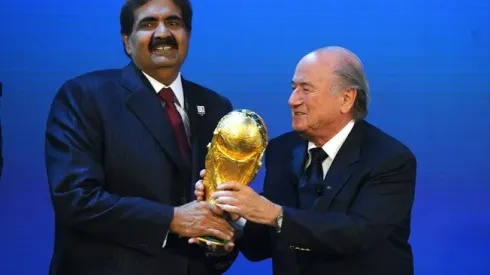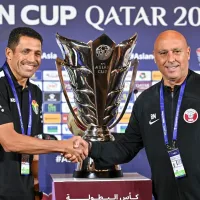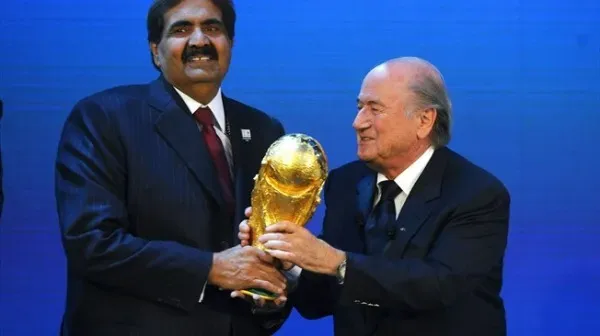
How the World Cup bidding process works is something of an enigma for the more common soccer fan.
Soccer’s growth around the world spans from South Korea to Ghana and Qatar to Brazil. FIFA responded by taking the competition to new territories. In 2002, the World Cup reached Asia for the first time. Eight years later, South Africa hosted Africa’s first World Cup. In 2022, the World Cup makes its first appearance in the Middle East. Albeit, this comes under some scrutiny due to FIFA’s bribery and corruption cases.
In fact, the World Cup bidding process for 2002, 2006, 2014, 2018 and 2022 all drew some ire.
Past issues in the World Cup bidding process
In the 2006 bidding process, South Africa lost out to Germany. It later surfaced that German politicians and businessmen swayed the votes of Asian delegates via investments and even sending grenade launchers to a country.
Finally, FIFA decided to take a more proactive approach to the system. Now, all confederations have a fair shot as hosting the World Cup. As such, a new rule was implemented from October 2007. No continent can host back-to-back World Cups. For example. Europe cannot host the 2022 World Cup, Asia cannot host in 2026 and North America is out for 2032. Reason being, all of those continents hosted the World Cup in the cycle prior.
As part of this revamp, FIFA introduced a simplified timetable. All eligible parties now have a clear set of guidelines and deadlines required for a bid.
How the World Cup bidding process works
Submitting bids and clearing protocols
Firstly, FIFA announces an invitation to bid to its member nations. Usually, this takes place seven years before the competition. However, that is not set in stone. The 2026 World Cup location finalized its host as North America in June 2018, with final bids rolling in on August 11, 2017.
Generally, however, a window of three to four weeks is offered. This allows nations an opportunity to discuss the potential of applying to host the competition. Once this period ends, all interested parties are sent the application pack. This states the expected criteria, investment and stadia required.
The interested parties then have a six week period to complete the application. The nation’s soccer federations work in conjunction with Government support to fulfill FIFA’s requirements. From the closure of this deadline, all interested countries have around a year to finalize the bid. Nations complete objectives like setting out what investment will be required, identifying the number of stadia’s they intend to use and the deadlines for all the work. This period also allows countries to drop out of the running without prejudice.
Once everything concludes, FIFA embarks on a series of four day tours of each of the prospective hosts. Representatives visit the venues and potential sites. Usually, a cavalcade of officials and political figures, former footballers and celebrities joins FIFA’s tours. Each nation is visited in turn and then a period of evaluation starts.
World Cup Host Voting
In the past, only 24 members on the FIFA Executive Committee voted. Due to the myriad of corruption and bribery, FIFA opened the voting up to all member associations.
Voting is all electronic. However, the voters must be present at the location of the vote. Spain’s representatives missed the vote for the 2026 World Cup because it happened just ahead of the World Cup. Rather than voting, the Spanish soccer president, Luis Rubiales, flew to Spain’s camp in Russia to fire head coach Julien Lopetegui.
FIFA requires a majority to win the vote. With only two bids submitted for the 2026 World Cup, the winner basically needed more than 50%. Or, in terms of numbers, the winner needed around 103 votes.
The United Bid of Canada, Mexico and the United States won comfortably. It amassed 134 votes for 67% of the total votes.
2030 World Cup
The next World Cup to begin its bidding process is the 2030 World Cup. A number of countries confirmed their plan to submit a bid. In South America, a joint bid between Uruguay, Argentina, Paraguay and Chile will happen. UEFA nations Serbia, Bulgaria, Greece and Romania also plan on submitting a bid. Finally, Morocco, which lost in five previous cycles, will try again.
The official bidding process launches in the second quarter of 2022. However, we will not know the host of the 2030 World Cup until 2024 at the 74th FIFA Congress.



